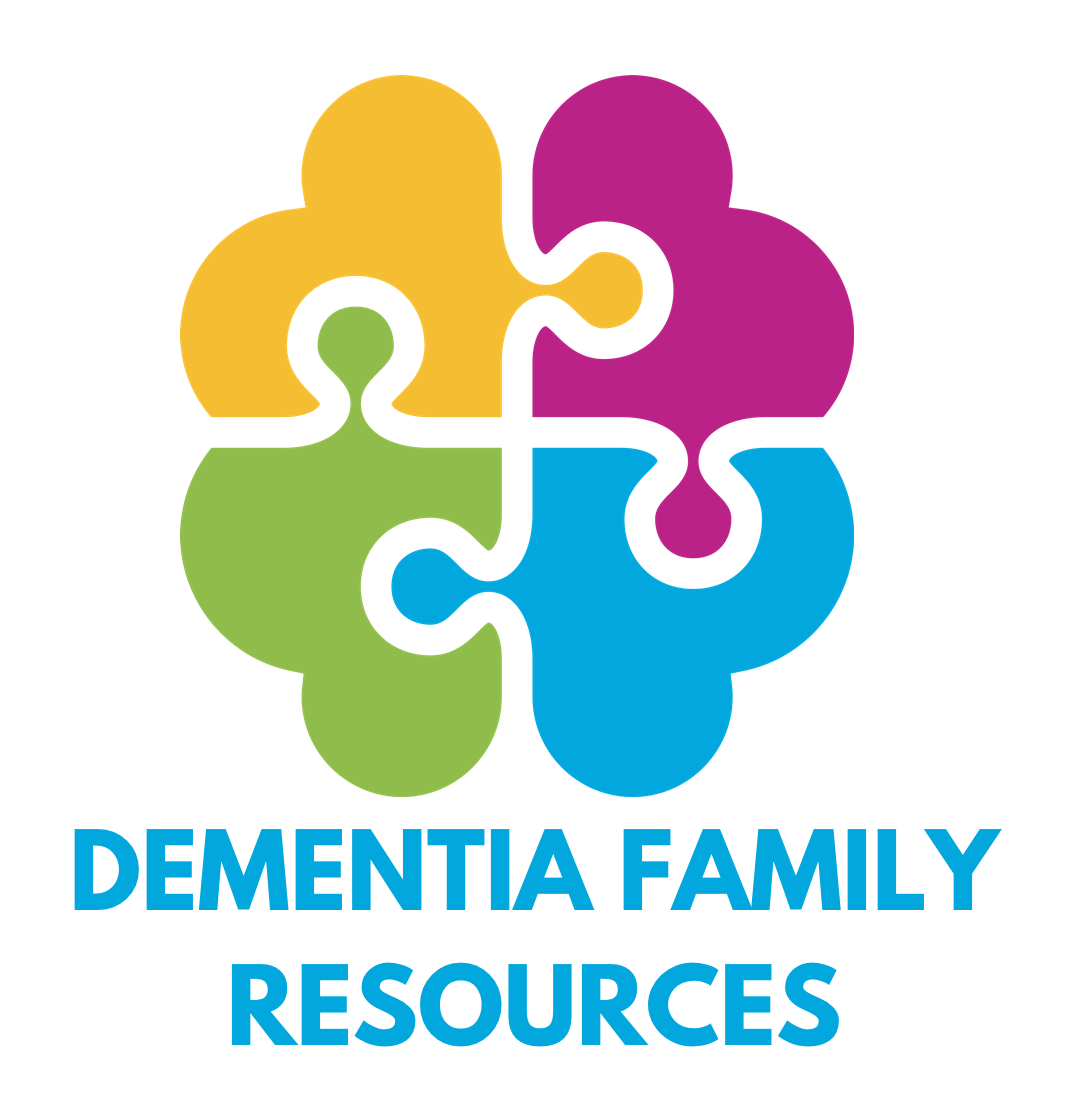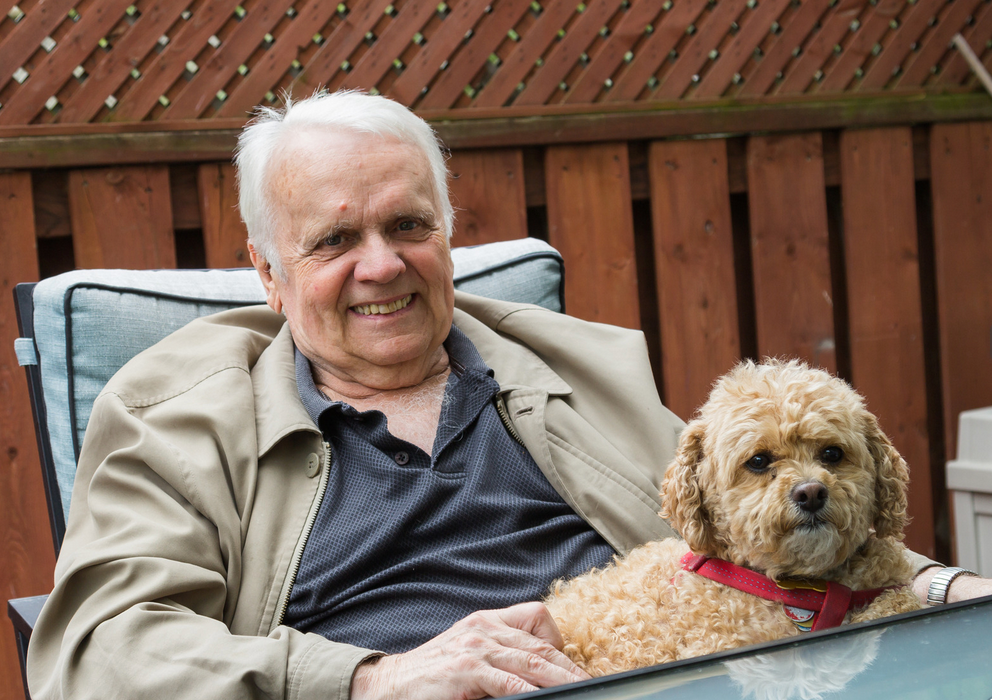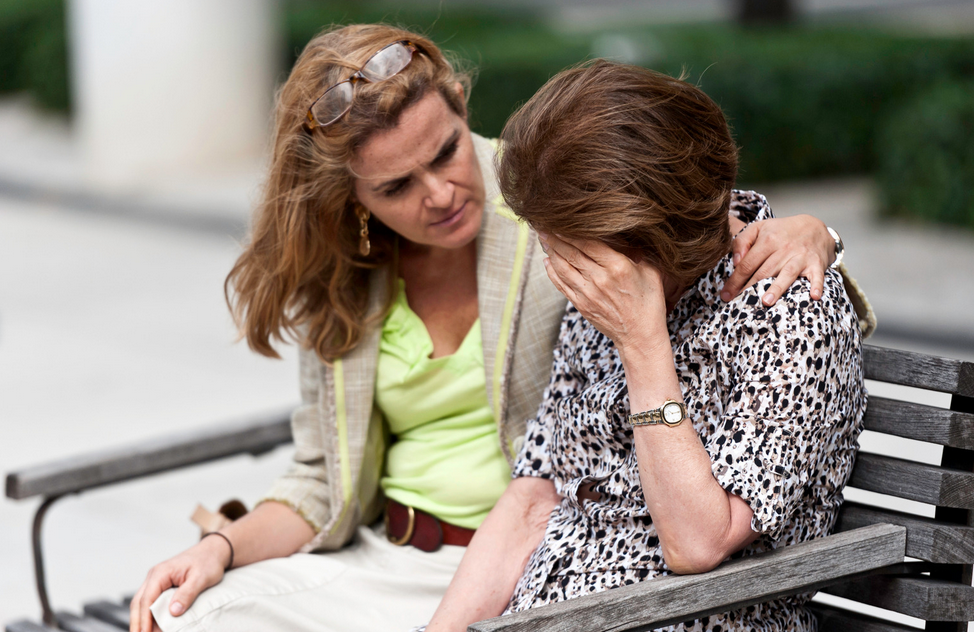
Contact Us
We will get back to you as soon as possible
Please try again later
Why Physical Exercise is Vital for Dementia Patients
Physical exercise can play a crucial role in the management of dementia

Dementia is a terrifying diagnosis that many families have to face. It can significantly impact a patient’s quality of life as they slowly lose their cognitive function and the ability to perform daily activities. Fortunately, there are activities that can help improve the patient’s physical health and potentially slow down the progression of the disease. One of the most important activities is physical exercise. In this blog post, we’ll explore why physical exercise is so important for dementia patients.
1. Improves Mental Health and Cognitive Function
Physical exercise is critical for improving mental health and cognitive function in dementia patients. Exercise triggers the release of endorphins, which stimulate feelings of happiness and reduce anxiety and depression. Aerobic exercises like walking, cycling, and swimming boost blood flow to the brain and support the growth and repair of brain cells. Moreover, regular exercise promotes the development of new nerves and connectors in the brain, which helps to improve cognitive function and memory.
2. Increases Physical Ability
Dementia can cause balance problems, resulting in difficulty walking and an increased risk of falls. Physical exercise, particularly resistance and strength training, can increase muscle strength and improve balance, thereby reducing the risk of falls. Additionally, exercise helps reduce stiffness and increase flexibility, helping to improve muscle function and mobility.
3. Boosts Overall Health and Wellbeing
Aside from improving mental health and cognitive function, regular physical exercise has many other health benefits for dementia patients. These benefits include lower blood pressure, reduced risk of heart disease, and stronger immune systems. Exercise can also help manage chronic health conditions that often occur alongside dementia, improving overall well-being.
4. Supports Social Interaction
Dementia can be a lonely and isolating condition, creating a feeling of disconnection from the community. One way to combat this is through social interaction, which is one of the many benefits of physical exercise. Group exercise classes or simply exercising with a companion can provide a sense of social connection and boost mood.
5. Slows Down Disease Progression
There is growing evidence to suggest that physical exercise can potentially slow down the progression of dementia. Exercise helps build a stronger, healthier brain, which can help to delay symptoms and reduce the impact of the disease.
Physical exercise can play a crucial role in the management of dementia. Not only does it have general health benefits, but it can also help boost mental health and cognitive function, increase physical ability, improve social interaction, and potentially slow down the progression of the disease. With the many benefits physical exercise provides, medical professionals highly recommend it as a standard component of any dementia care plan. So, let’s get moving and help our loved ones live a happier, healthier life.









